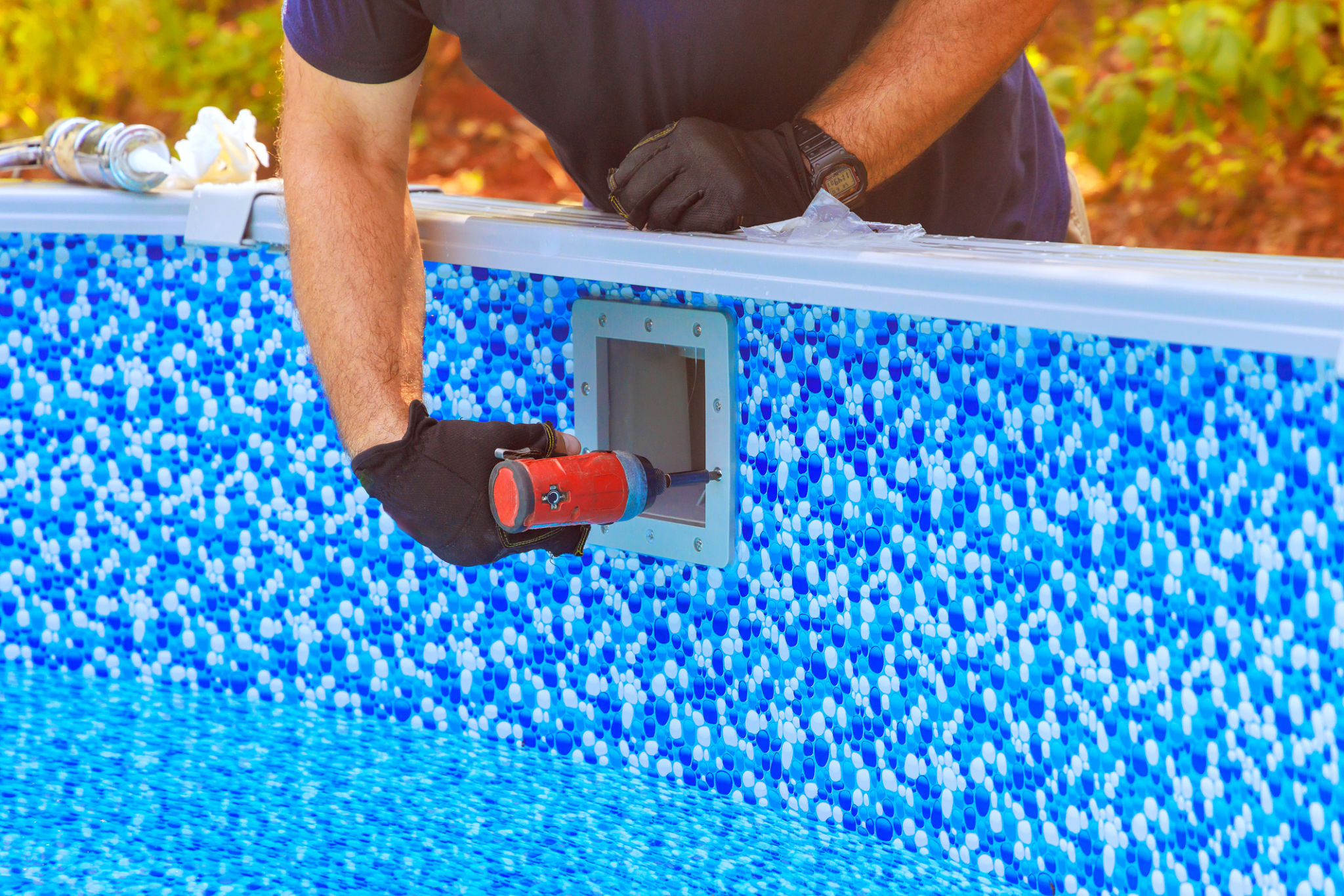Comparing Fiberglass Pools to Traditional Options: Which Is Best for You?
Introduction to Pool Options
When planning to install a swimming pool, homeowners often face the choice between fiberglass pools and traditional options like concrete or vinyl. Each type has its own benefits and drawbacks, making the decision largely dependent on your specific needs and preferences. In this post, we'll explore the differences to help you decide which is best for you.

Fiberglass Pools: Modern and Efficient
Fiberglass pools are pre-molded and installed as a single piece. This feature makes them quick and easy to install, often taking just a few days. The smooth surface of fiberglass is also algae-resistant, reducing maintenance efforts.
Another advantage is their durability. Fiberglass is less likely to crack compared to concrete, and it doesn't require a liner replacement like vinyl pools. This means fewer repairs and lower long-term costs.

Design and Customization
One downside of fiberglass pools is the limited design flexibility. Since they are pre-made, you must choose from existing shapes and sizes. However, many manufacturers offer a wide array of options, so you can still find a design that fits your style.
Concrete Pools: The Traditional Choice
Concrete pools, also known as gunite pools, have been a popular choice for decades. They offer unlimited design possibilities, allowing you to create a fully customized pool that fits your landscape perfectly.
These pools are known for their strength and durability. When properly maintained, a concrete pool can last for decades. However, they do require more maintenance than fiberglass pools, including regular surface refinishing.

Installation and Cost
The installation of a concrete pool is a lengthy process, often taking several months. This is due to the time needed for curing and finishing. While the initial cost may be higher, many homeowners feel the customization options are worth the investment.
Vinyl Pools: A Flexible Alternative
Vinyl liner pools are another traditional option. They are typically more affordable than concrete pools and offer some flexibility in design. The vinyl liner provides a smooth surface that is gentle on feet.
However, the liner will need to be replaced every 5 to 10 years, adding to the long-term costs. Additionally, vinyl pools are more susceptible to damage from sharp objects.

Comparing Costs and Maintenance
When comparing costs, fiberglass pools tend to have a higher upfront price than vinyl but are usually less expensive than concrete. Maintenance costs are generally lower for fiberglass, as they don't require resurfacing or liner replacements.
For homeowners seeking a balance between cost and design flexibility, vinyl pools can be an appealing choice, especially if you’re comfortable with periodic liner replacements.
Conclusion: Making Your Decision
Choosing the right pool type depends on several factors, including budget, design preferences, and maintenance willingness. If you prioritize quick installation and low maintenance, a fiberglass pool may be ideal. For those who desire a fully customizable pool, concrete offers endless possibilities. Vinyl can be a cost-effective middle ground.
Ultimately, the best pool for you will align with your lifestyle, aesthetic preferences, and financial considerations. Take the time to evaluate each option and consult with a professional to ensure you make the best choice for your home.
